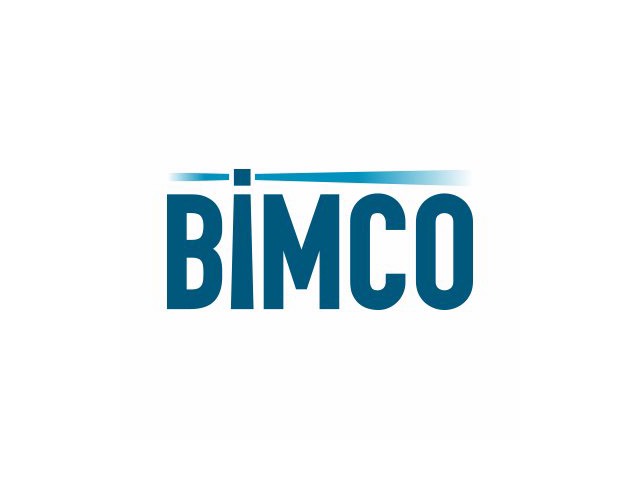BIMCO’s Documentary Committee has approved two charter party sanctions clauses to help owners and charterers manage due diligence policies and navigate an increasingly complex environment of economic and trade sanctions imposed by governments.
Sanctions have become a widely used geopolitical tool by governments. The rules are complex, imprecisely drafted, often changing, and the risks of violation can be high. The necessity of sanctions clauses that provide contractual certainty has prompted BIMCO to revise, combine and replace the existing BIMCO Designated Entity Clause and the Sanctions Clause for Time Charter Parties.
The clauses are intended for use in all trades, except for the container trades which require more specialised provisions, and BIMCO is currently developing a separate sanctions clause for container operators which will be released early next year.
Both clauses – one for time charters and one for voyage charters – have been written by representatives from shipowners, charterers, P&I clubs and lawyers specialized in sanctions and are available to download from BIMCO’s website (www.bimco.org) along with explanatory notes for time charter and voyage charter parties.
Managing risks
The aim of the clauses is to help owners and charterers navigate sanctions risks and would ideally form part of a company’s due diligence policy to manage those risks.
The benefit of using the clauses is twofold; They provide the ability to terminate the contract and to claim damages in limited circumstances when the counterparty and/or the third parties listed in the warranties are sanctioned.
BIMCO has chosen termination as the appropriate right in this context because that is often a breach which is incapable of being remedied. That changes however, when the performance of the charter party involves a sanctioned activity or third party. A right to change voyage orders and/or suspend performance is a more appropriate remedy when the performance involves a sanctioned activity or person.
Alan Mackinnon, Chief Claims Officer, UK P&I Club and chairman of the sanctions subcommittee says:
“The new BIMCO sanctions clauses are the product of many, many hours of careful thought and deliberation. It’s not possible to cover every possible sanction-related scenario in a charter party clause without being overly prescriptive, but we believe these clauses will strike the right balance for most people.”
The clauses provide an objective test for whether an activity or person is sanctioned to avoid uncertainty about operating the clause.
“It was very important to produce clauses that are straight-forward and user-friendly without imposing any difficult assessment of potential risk exposure to the parties,” Mackinnon says.
Sanctions clauses for ship sale and purchase agreements, ship management agreements, and contracts of affreightment will be published early next year in addition to the version for container trades.









































